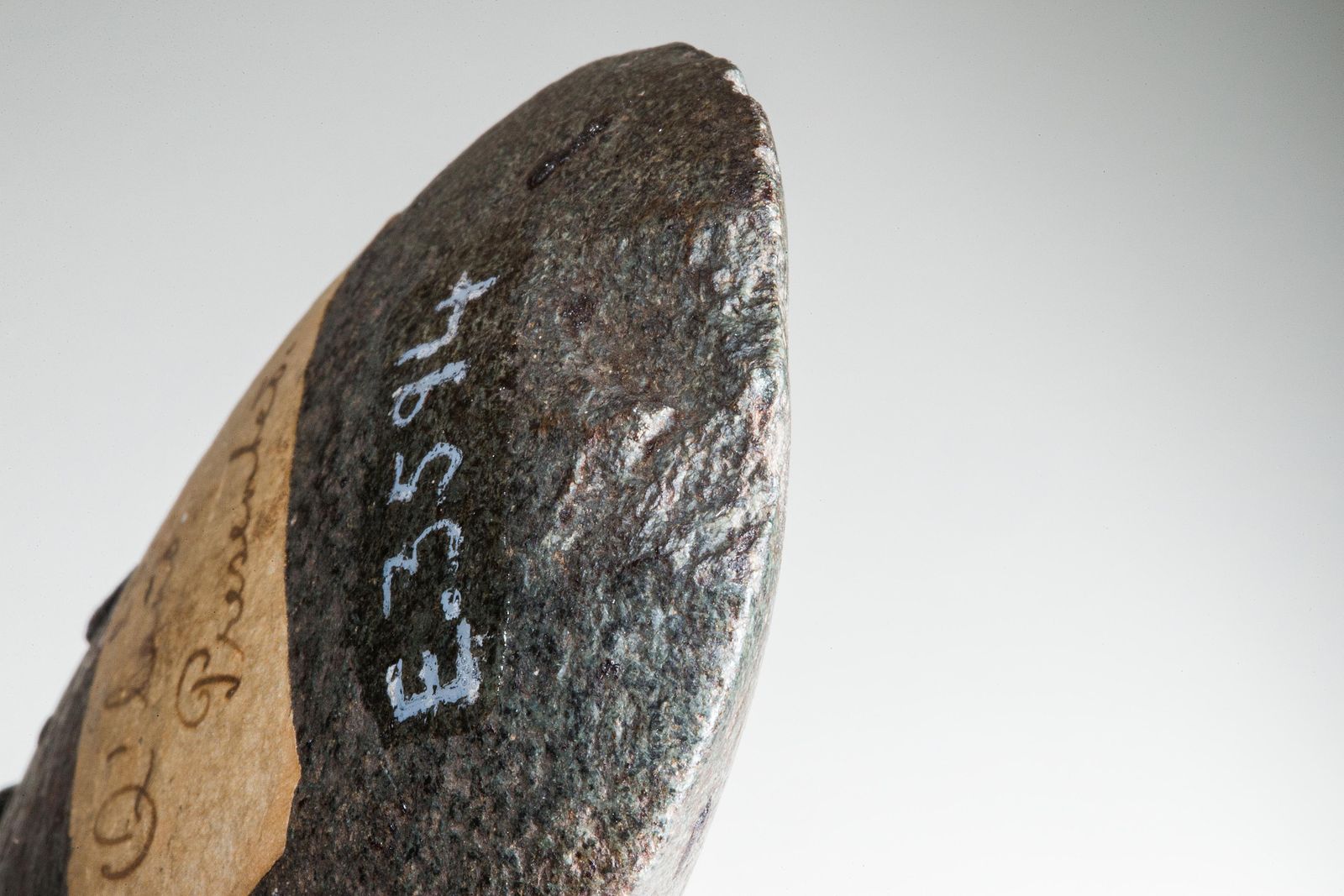At a time when humans around the world were likely relying on stone axes chipped to a sharp edge, a process called knapping, early Australians were refining their edges by grinding against another stone.
Archaeologists found a fragment of an axe about the size of a thumbnail that dates from between 44,000 and 49,000 years ago, they report in the journal Australian Archaeology.
Previously, the contenders for the oldest ground-edge axe included another fragment found in Australia that dated back to about 35,000 years ago and pieces from inhabitants of the Japanese archipelago from roughly 38,000 years ago.
In the paper, the researchers explain that ground-edge axes were often repaired by first flaking off pieces along the edge and then grinding the new surface.
The chip is made of basalt, a type of igneous rock, which tells the researchers that the full axe head would have been very heavy, likely unusable without a handle.
SMMRY



They definite felt the urge to make a sharp headline.